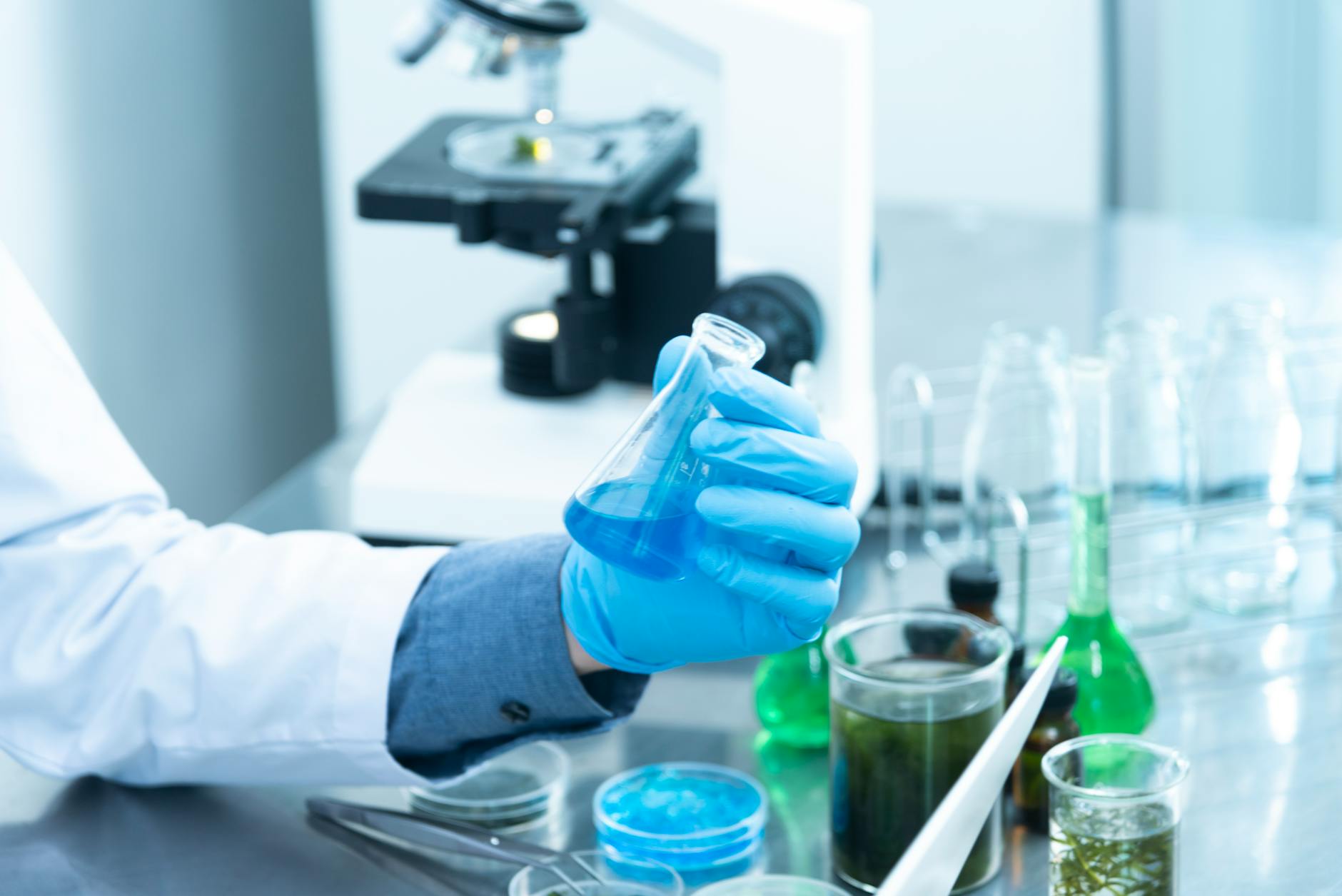Having a chemistry degree provides access to many different job options.
The variety of jobs spans across a wide range of chemistry fields and industries including nanotechnology, chemical plants, beverages and pharmaceuticals, and education.
Your expertise will be needed in different fields as well.
According to a teacher in JC chemistry tuition, studying chemistry assists in the enhancement of logical reasoning, numerical abilities, and the capacity to produce precise and succinct reports.
Consequently, chemists are needed by national and local governments, hospitals, and educational institutions at every level.
1: Industrial Production and Research & Development
Most chemists, regardless of their level, are employed in the chemical industry, either as laboratory chemists or as personnel with technical expertise working on the business side of the company. These professions provide diverse opportunities for both entry and career progression.
The growth of innovative technology for creating brand-new products is an important element for any industrial company. And here are a few roles where a chemist can excel the most –
A: Research Chemist
Research chemists strive to create fresh or enhanced technologies for their respective companies. The chemists usually perform chemical reactions and/or analyze chemical structures or properties at a laboratory bench.
A PhD scientist is usually the main motivator for research, however, there are many chances for BS and MS scientists to work as technicians under the guidance of the PhD supervisor.
B: Production Chemist
The production chemist’s job is to convert the research chemist’s work into a process that can be carried out on a large scale for manufacturing.
They’ll collaborate with plant engineers to optimize plant equipment design and usage, oversee production, maintain quality control, and ensure adherence to environmental protection policies.
2: Industrial Marketing, Sales, and Technical Service
After an idea transforms into a product, chemical professionals in marketing, sales, and technical service are crucial for delivering the product to the customer.
Every one of these professions includes a relationship between a product and a customer.
Each of these careers requires a different level of background in business. Success hinges on the ability to effectively communicate with the customer.
A: Sales
Chemical manufacturers frequently hire individuals with technical expertise to promote and sell their products to potential clients.
Salespeople collaborate with customers to determine which products would best assist the customer in reaching their objectives.
Sales professionals generally engage directly with customers as the company’s most prominent representatives. Being able to communicate well with others is important for this role, and the work hours are flexible and determined by individuals themselves.
B: Marketing
Marketing professionals need to advertise and attract potential customers to purchase a chemical product once it is on the market. A profession in Marketing focuses mainly on examining groups of customers called “markets.” Using these analyses, the marketing professional needs to forecast upcoming trends and sales, identify market demands, and create advertising plans.
C: Technical Services
Technical Service involves both working in a lab and interacting with customers, making it a unique career in the chemical field. Duties involve creating new applications for products, composing instruction manuals, and assisting customers with issues or inquiries.
3: Academic Endeavors
The second primary choice for individuals with chemistry degrees is to work as chemistry educators at high schools, community colleges, colleges, or universities. The majority of these roles will necessitate obtaining further education in chemistry at the graduate level.
A: Faculty Positions
High School: There is an exponential demand for high school teachers who are trained in technical subjects like chemistry and physics. Individuals who have completed a Bachelor of Science in chemistry will likely have to undergo further education to secure a teaching position at a public high school. Private high schools are allowed to hire individuals who possess a B.S. degree in chemistry directly.
Community College: Community colleges usually employ instructors holding an MS or PhD in chemistry to teach general and organic chemistry.
Undergraduate College: Faculty members in undergraduate colleges or universities will instruct classes and laboratories within their specific field of expertise. They will usually supervise students in conducting their own research projects. Faculty members at these schools can apply for grants to support their research projects and will also produce papers and deliver presentations discussing their studies’ outcomes. Having a PhD is typically necessary for chemistry faculty positions at 4-year colleges, with post-doctoral experience being frequently preferred.
Research-focused Universities: Universities that focus on research, like UA, provide degree programs including BS, MS, and PhD. Faculty must teach and lead research teams of undergraduate and graduate students in innovative research work. It is anticipated that faculty members will write grants, research papers, make presentations, and instruct both undergraduate and graduate courses. These roles mandate a PhD and typically necessitate post-doctoral experience.
B: Support Positions
Colleges and universities commonly have various support positions such as Lab Technicians, Stockroom Managers, and Safety Officers, which all necessitate a technical background.
Safety officers are responsible for managing dangerous waste and ensuring compliance with EPA and other safety regulations.
Stockroom managers are responsible for ordering and managing stocks of chemicals and supplies needed for research and teaching purposes.
Lab technicians and staff scientists would try to assist with teaching and research by performing support roles, including operating research equipment.
Conclusion
So, as you can see – contrary to regular belief, studying chemistry in college can help you find a lot of different career opportunities later. However, before you hop into the field, it might be best for you to talk to someone who has some experience in this field.

